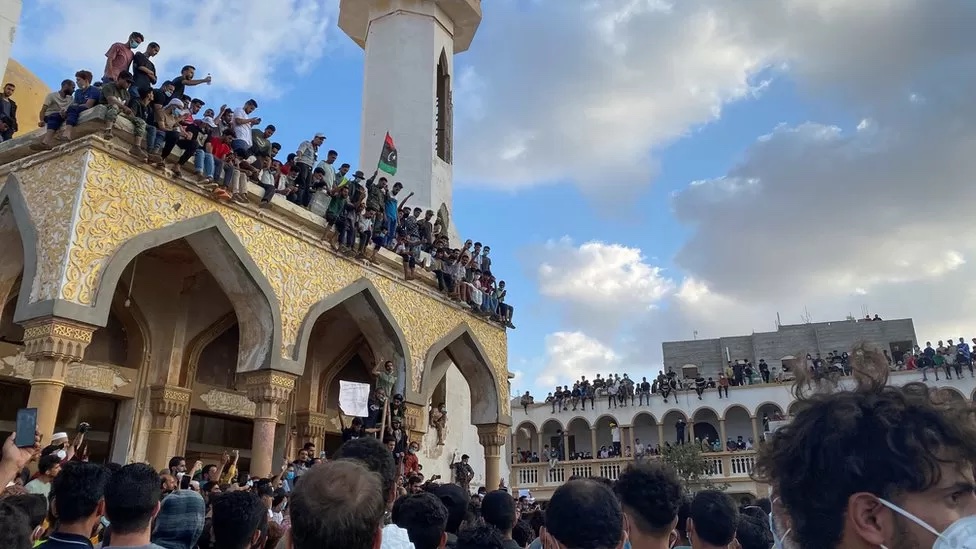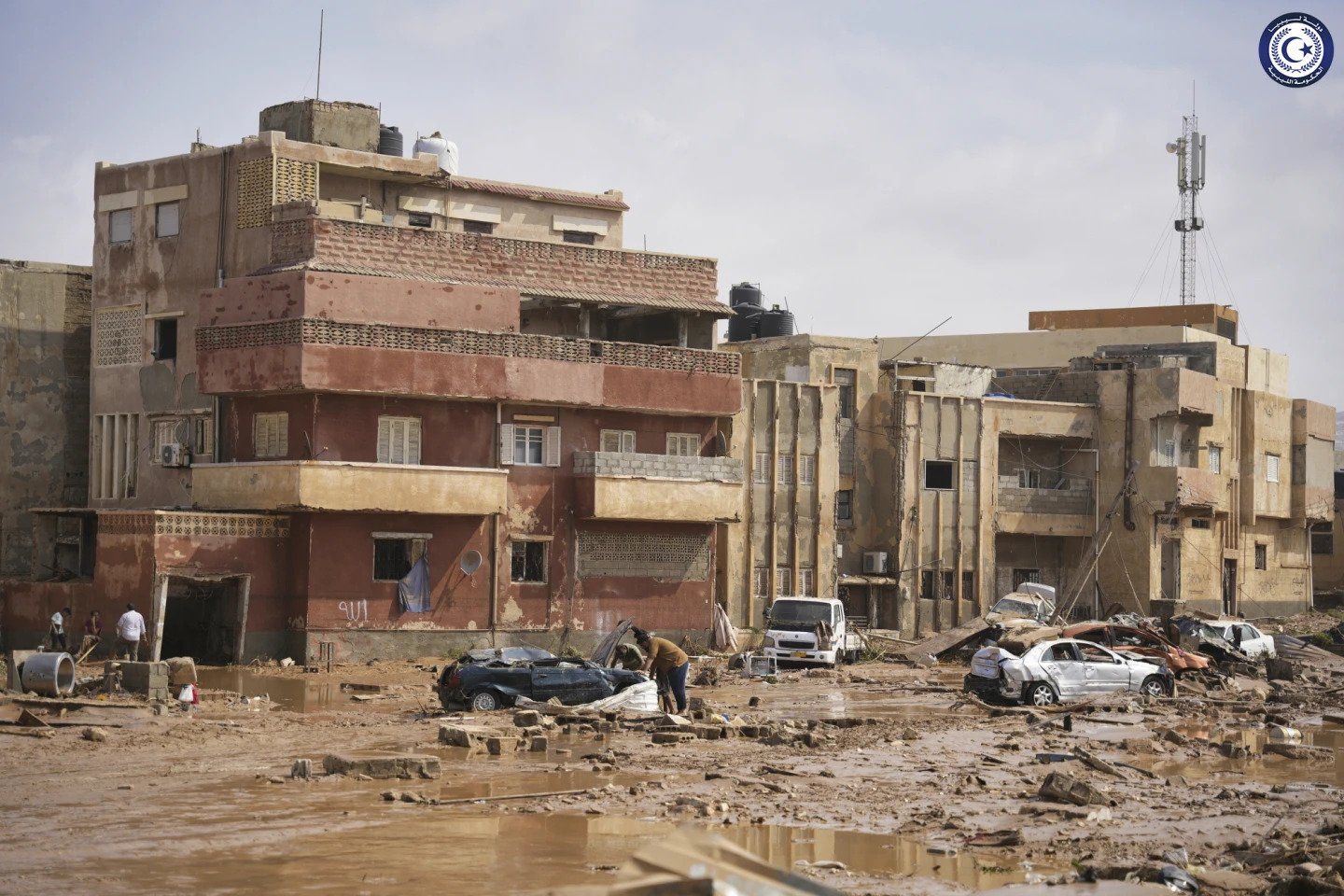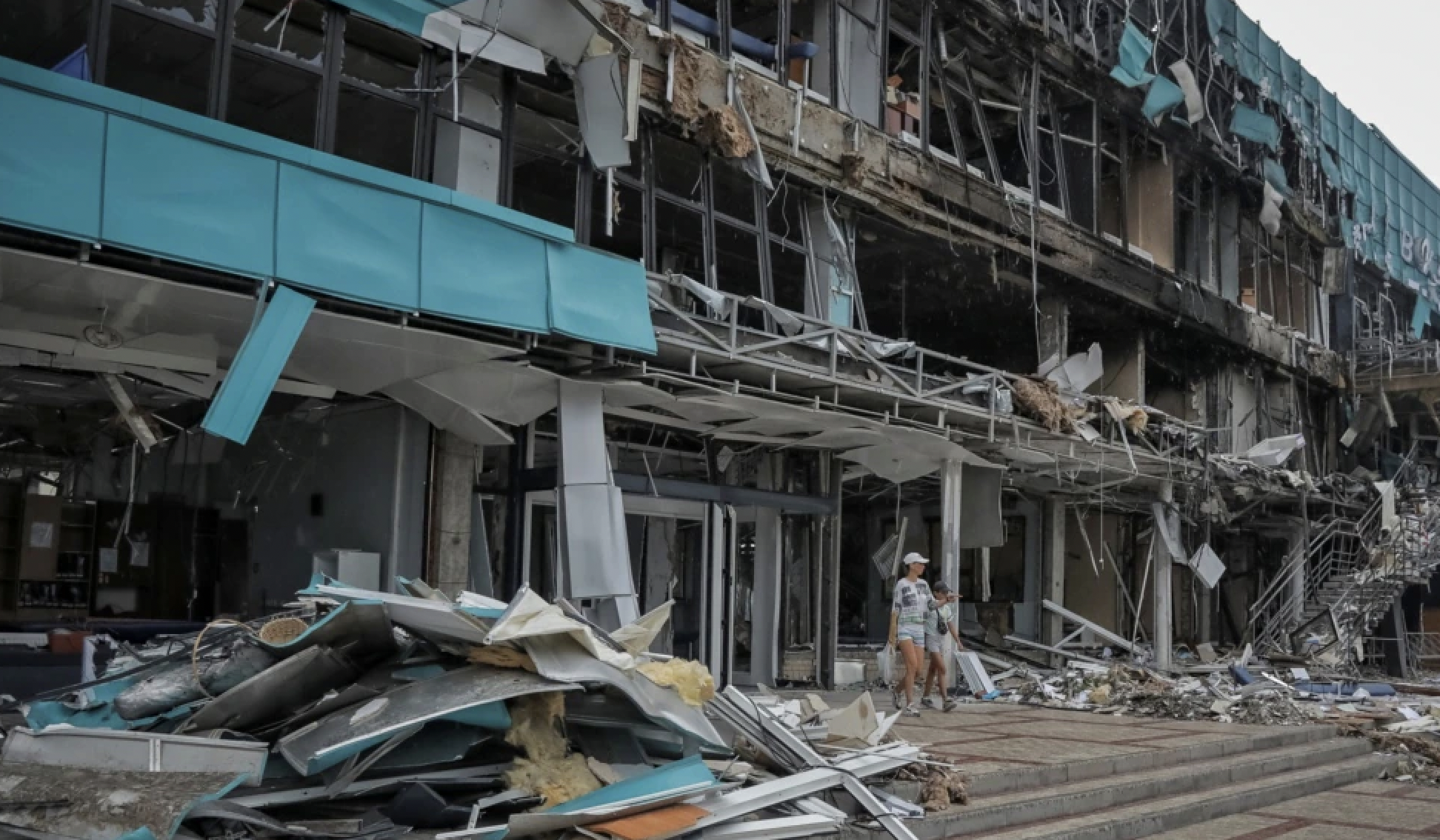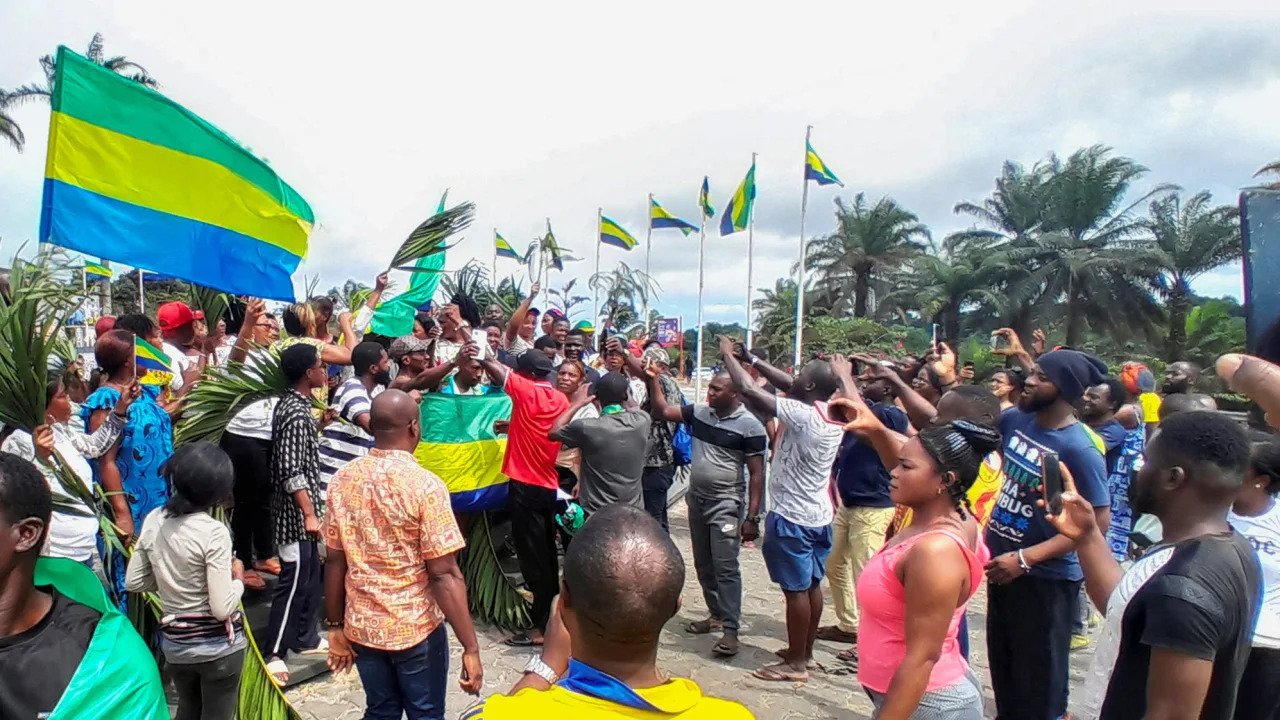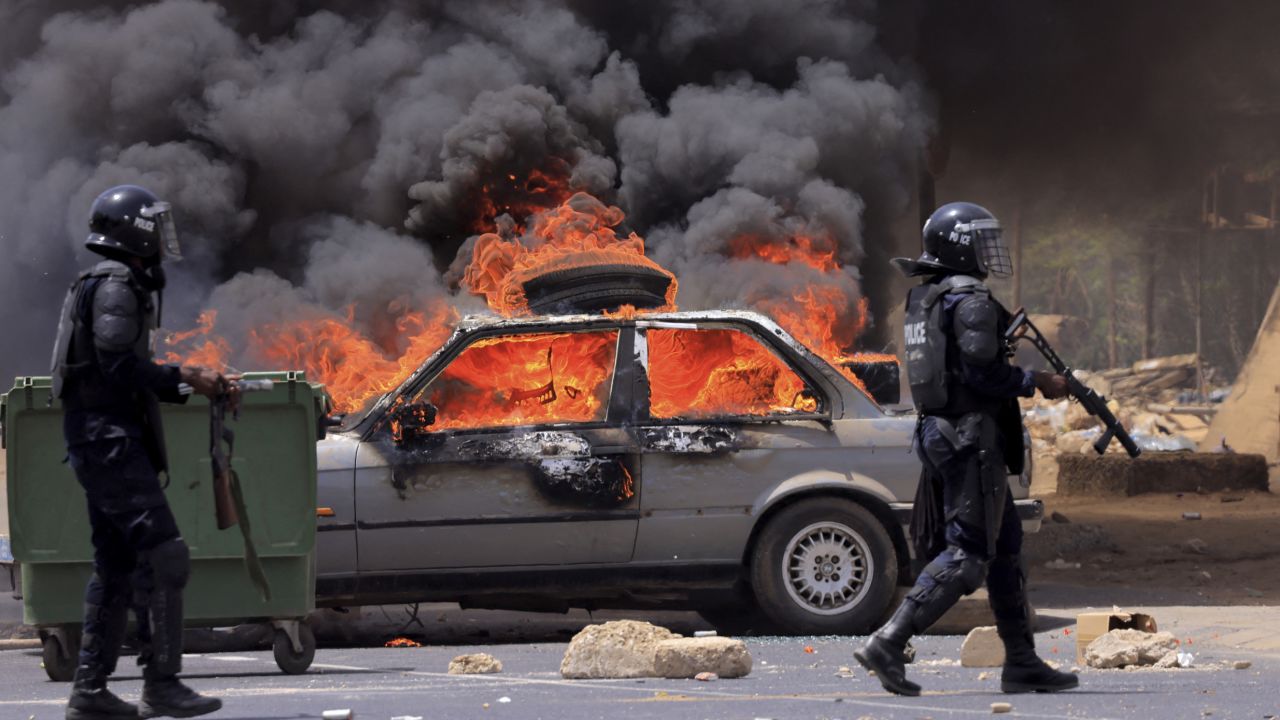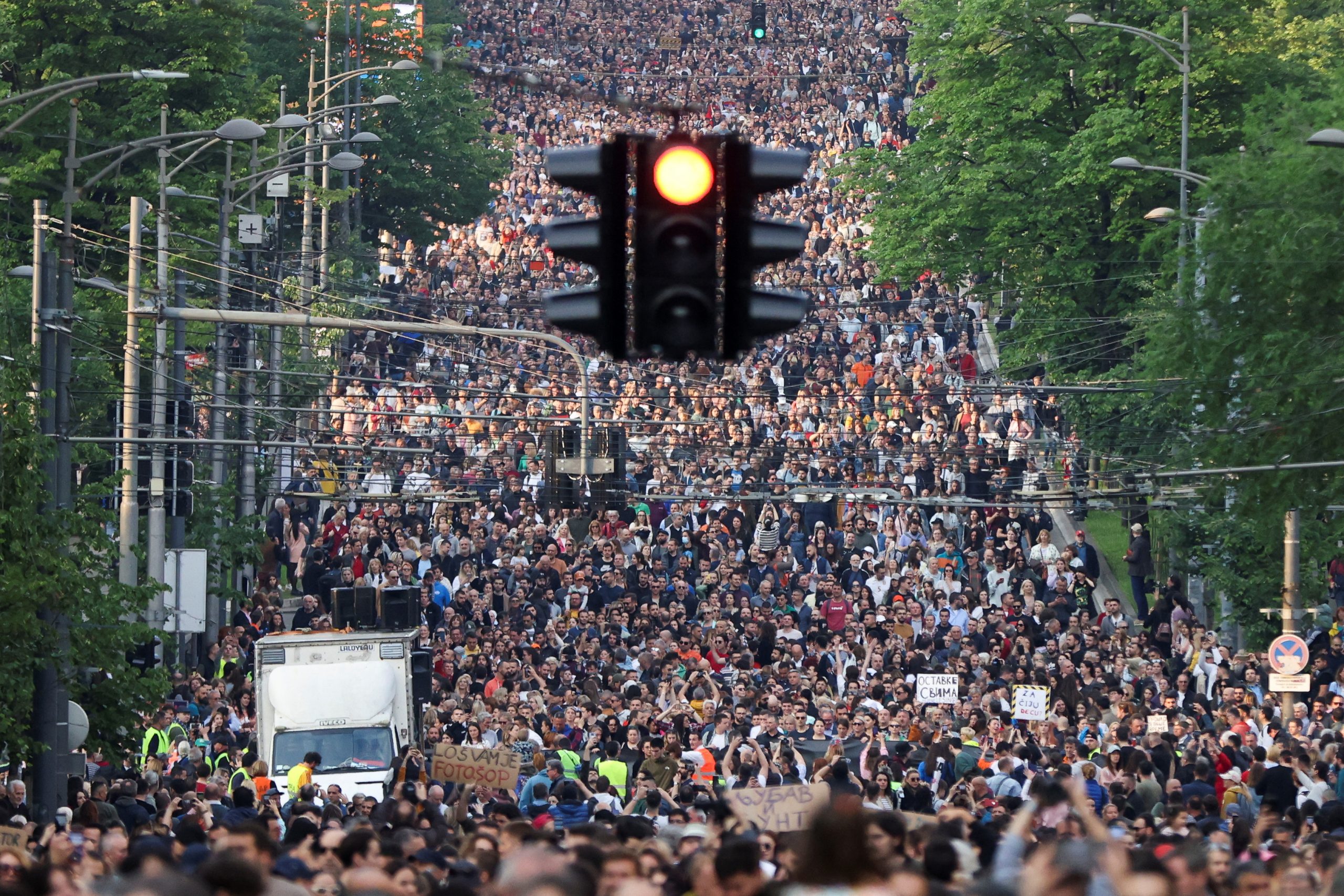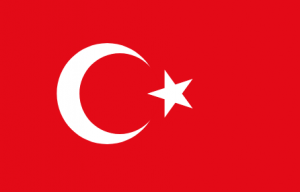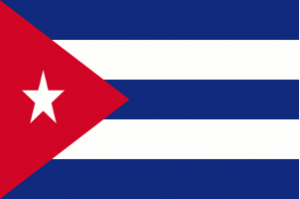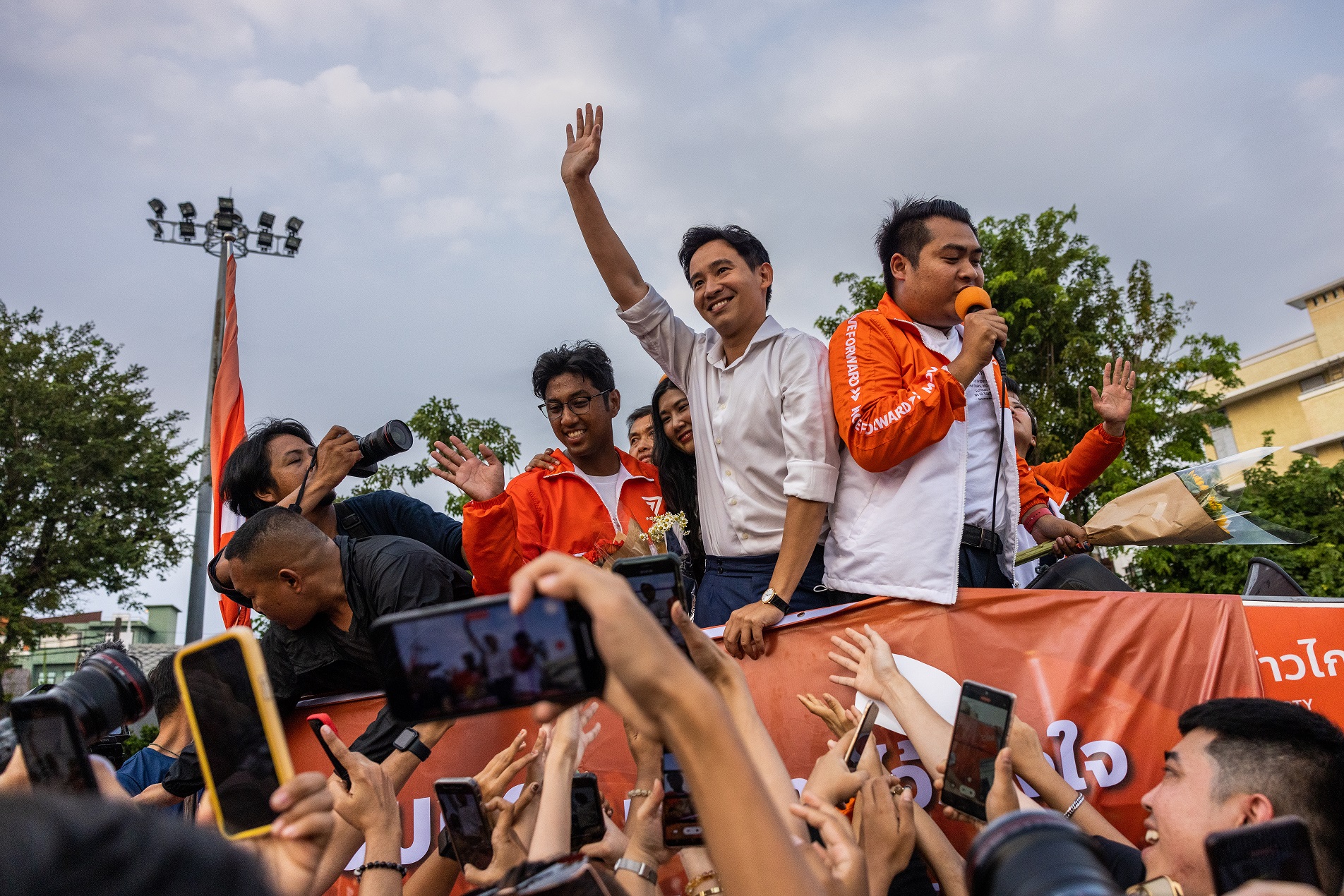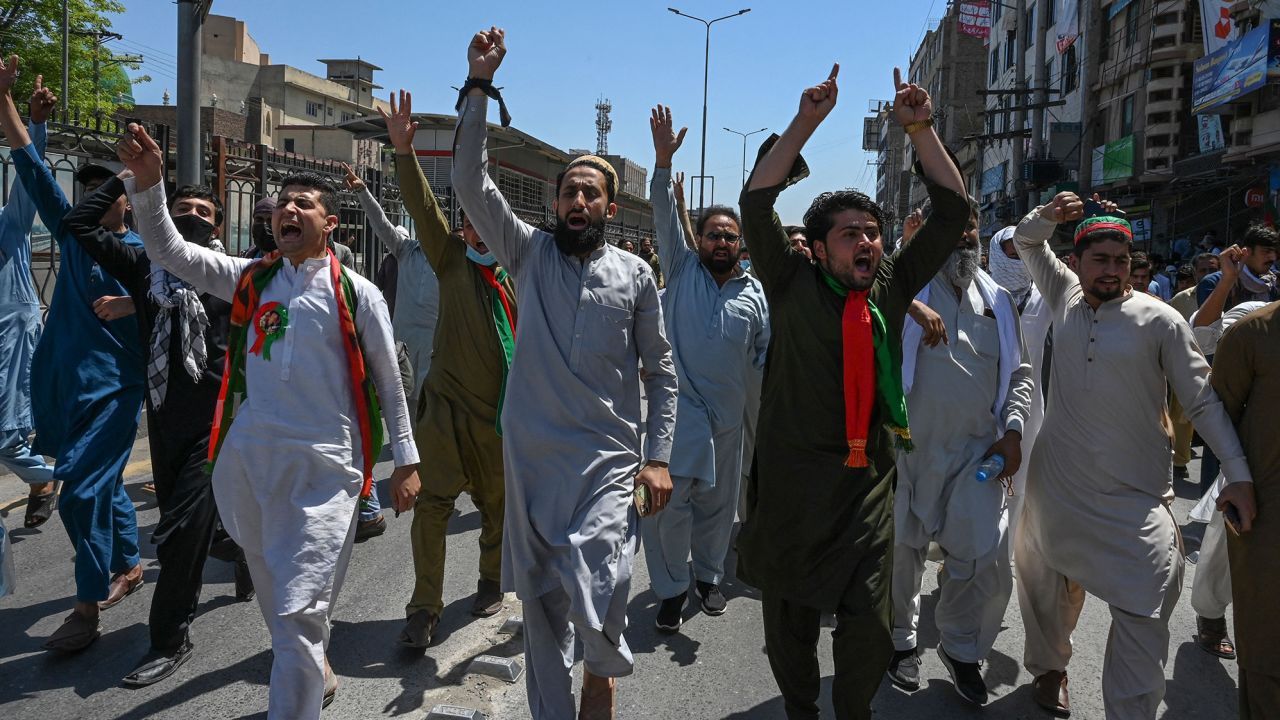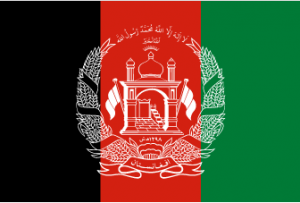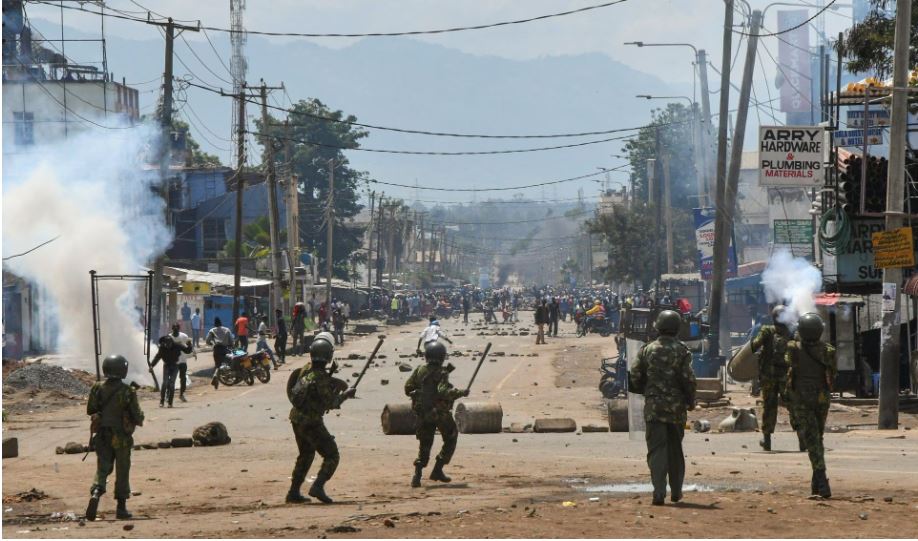Dear Friends,
CANVAS is delighted to bring you another issue of our weekly report!
Conflict Update:
Ukrainian President Zelenskyy announced on Sunday through his social media that Ukrainian forces recaptured the key village of Klishchiivka, located in the Donetsk region of the country. Klishchiiva is located in the larger Bakhmut area, which has been a central focus for Ukraine’s counteroffensive this summer in the eastern regions. Overnight Wednesday, a wave of Russian missiles struck several Ukrainian cities, in the largest series of missile attacks since mid-August.
Following a dispute between Ukraine and Poland, Hungary, and Slovakia regarding agricultural import bans, Poland announced they would no longer be supplying Ukraine with weapons. Polish Prime Minister Mateusz Morawiecki maintained that Poland was helping Ukraine defeat Russia by providing a military hub, but would not agree to Poland’s markets being affected by grain imports.
Addressing the UN General Assembly on Tuesday, President Zelenskyy urged global leaders to remain united against Russian aggression. Later in the week, Zelenskyy visited US President Joe Biden and other American Lawmakers in Washington, D.C., effectively securing $325 million in new US aid.
After thousands were killed in eastern Libya last week during catastrophic flooding, protests began Monday calling to hold leaders across the divided country accountable for the bursting of the dams that caused the flooding that some feel could have been avoided. In particular, protestors called for the removal of Aguila Saleh, the speaker of the eastern-based Libyan parliament who angered many after he deflected blame for the disaster from those who oversaw the city’s infrastructure.
In Khartoum, Sudan’s capital city, videos shared online on Sunday showed the Greater Nile Petroleum Oil Company Tower engulfed in flames. An iconic building situated on the Nile River, it and several other buildings caught fire or were destroyed as a result of violence in the country triggered by a power struggle between the leaders of the Sudanese army and the paramilitary Rapid Support Forces (RSF). The conflict began in April of this year and has killed around 7,500 people and displaced more than five million.
Governing authorities in Nagorno Karabakh accepted a ceasefire and surrender proposal made by Russian peacekeepers on Wednesday, following a military operation launched by Azerbaijan the day before. Nagorno Karabakh, a landlocked region lying within Azerbaijan’s borders, is internationally recognized as part of Azerbaijan but is home to around 120,000 ethnic Armenians, who comprise the majority of its population and reject Azerbaijan’s rule. Following the ceasefire, Azerbaijan President Ilham Aliyev said the military campaign in Nagorno-Karabakh was “successful” in restoring Azerbaijan’s “territorial integrity.”

Iran:
Five Americans who were being held in Iran arrived back on American soil this past Tuesday. The Americans—Siamak Namazi, Morad Tahbaz, and Emad Sharghi, alongside two other unnamed prisoners—were part of a deal that saw the release of five Iranians in US custody as well as the release of nearly 6 billion in sanctioned Iranian oil revenue that had been tied up in South Korea. Iranian President Ebrahim Raisi, speaking in New York at the UN General Assembly, told reporters the deal was “a step in the direction of humanitarian action” and a deal that “could definitely build trust.”
While in New York, Raisi spoke to the UN General Assembly. He directly addressed the United States and his desire to renew the 2015 Nuclear Deal that President Trump unilaterally pulled the US out of in 2018. Strong US sanctions as a result of nuclear activity in Iran have crippled the economy and exacerbated local crises as the administration has faced the toughest calls in decades for drastic overhaul to their rule. Israeli UN Ambassador Gilad Ergan walked down the aisle holding a photo of Mahsa Amini during Raisi’s speech before being removed by security.
The Iranian parliament has approved a hijab bill, further enforcing the strict dress codes on all Iranian citizens, especially women. United Nations experts have stated that the bill violates fundamental rights, and is creating a gender apartheid in Iran. The bill was passed less than a week since the one-year anniversary of Mahsa Amini’s death.

Venezuela:
In 2024, presidential elections will be held in Venezuela. The UN-backed Human Rights Council reported that while moving closer to the elections, repression increases and democratic freedoms decrease. A notable development is that three key opposition politicians were banned from running in the elections.

Georgia:
The State Security Service of Georgia (SSG) accused Giorgi Lortkipanidze, an ex-member of the Georgian government, of plotting to oust the current government. Lortkipanidze allegedly now works for the Ukrainian military intelligence, and the relations between Ukraine and Georgia are sharpened as Georgia continues their relations with Russia. In December, the EU decides on whether Georgia is granted a candidate status. Lortkipanidze would be plotting to polarize the youth and plan anti-government protests. The event is an example of how the war in Ukraine affects international relations, particularly in the old Soviet spaces.

Myanmar:
Twelve people have been reported missing after a boat capsized in the Chindwin River. The vessel came from further north, and was carrying goods for people living in Panset village. Chindwin River flows through the heavily occupied region of Sagaing, where resistance groups control the area and the locals. However, underground Myanmar media groups have claimed that over 100 people sank on the vessel. Rescue operations have been deployed, and the search for those on board is still ongoing.

Thailand:
Following his return from self-exile and arrest last month, Thailand’s former Prime Minister Thaksin Shinawatra had his 8-year prison sentence commuted to one year, and officials reported this week that he may be eligible for parole as soon as February of next year. Thaksin was removed from power via military coup in 2006, and fled the country shortly after. He was tried and convicted in absentia in cases related to charges of abuse of power, conflict of interest and malfeasance.

Zimbabwe:
The European Union has suspended all financial aid to Zimbabwe’s electoral body, a result of international criticism regarding Zimbabwe’s highly contested presidential election. The Zimbabwe Electoral Commission (ZEC) has been funded by the European Union since 2022, and the organization has contributed $4.7 million in order to increase the ZEC capacity and ability to carry out legal and honest elections. The withdrawal of funds by the EU is a large action in the international pushback of the highly contested election, which saw Emmerson Mnangagwa’s reelection and the appointment of two of Mnangagwa’s family members to deputy roles.
